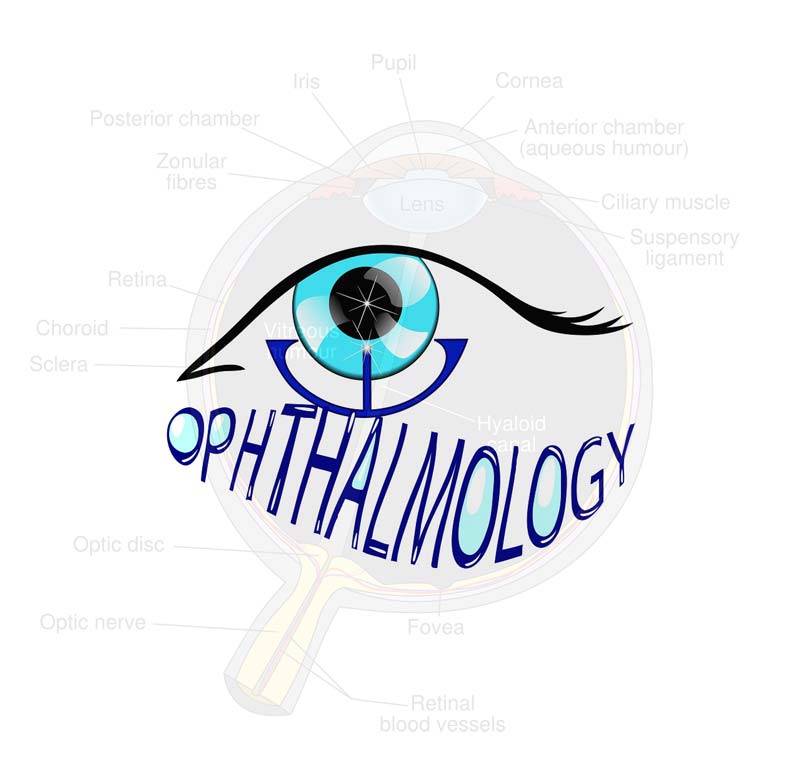
Tips for Maintaining Eye Health
Our bodies’ most intricate and vital organ is the EYE. More than 25 million people in the US are either blind or have some kind of vision impairment. Because of this, we must take good care of and maintain the health of our eyes. The cornea, pupil, lens, retina, optic nerve, and other parts of the eye’s anatomy all contribute to our ability to see. The most common eye diseases in the USA include Near-sightedness (Myopia), Farsightedness (Hyperopia), Astigmatism, Cataracts, Glaucoma, and Age-related macular degeneration (AMD). These issues can range in severity from little annoyances like the need for corrective lenses to major impairments that, if not treated appropriately, can cause vision loss. Hence, it is essential that you maintain the health of your eyes, according to the few simple tips provided below.

Maintaining eye health requires proper nutrition. You can protect the eyes from damage caused by free radicals by eating foods that high in antioxidants such as dark leafy greens, fatty fish like salmon or sardines, and colorful fruits and vegetables. Also, you can include a diet that contains Vitamins A, C, E, and zinc for maintaining eye health.
Protective eyewear is yet another fantastic technique to keep your vision in good ways. Sunglasses can help block ultraviolet radiation, which can eventually cause cataracts if not shielded from when outdoors. When using power tools or performing other tasks that could potentially injure the eyes, such as chipping wood, safety glasses should be worn as well.
Additionally, it is important to maintain your eyesight are getting enough sleep and managing your stress. Stress has been linked to worsening vision problems so making sure you take time out of each day for relaxation can help keep your vision sharp into old age. Additionally, seven to eight hours of sleep per night will ensure that your body gets enough energy restoration, which may improve visual acuity during waking hours
As stress has been associated with worsening vision issues, making sure you take some time each day to unwind will help you maintain good vision well into your senior years. Also, if you get seven to eight hours of sleep every night, your body will have enough time to restore its energy, which could lead to better visual acuity during the day.
The Importance of Regular Eye Exams
You can maintain eye health requires regular eye exams. They help in identifying any early signs of vision issues, such as near-sightedness or farsightedness, that can be treated with contacts or glasses. Optometrists during eye exams can also identify more severe eye diseases like Glaucoma, Cataracts, and Age-related macular degeneration (AMD) early on before they permanently harm your vision. Different Eye Care medications can be used to treat these conditions once discovered. Eye drops such as Alphagan-P and Bimatoprost are sometimes used to treat glaucoma efficiently.
When it comes to routine eye exams, age is a significant factor. Children should start getting regular eye exams at age three from an optometrist or paediatric ophthalmologist, while adults should get them every two years between the ages of 20 and 39 and those over 40 to get them once a year. This allows for early detection of any changes in vision or warning signs of other diseases which could lead to blindness if not appropriately treated.
Diabetes increases a person’s risk of developing vision problems because high blood sugar levels damage the retina’s delicate blood vessels. As a result, diabetics should always have comprehensive dilated eye exams performed by a qualified optometrist or ophthalmologist every year, even if they have no symptoms at all. Also, because of the higher risk factors connected to some hereditary illnesses, such as retinoblastoma (cancer of the retina), people with these conditions may need regular check-ups more frequently than people without them.
Finally, people who frequently use computers at work may experience digital eyestrain, which can be treated with specialized computer glasses prescribed by an optometrist during an exam appointment. Depending on how much time is spent each day using screens, this type of patient may benefit from scheduled visits more frequently. For patients who are over exposed to screen time, most ophthalmologists suggest to use eye soothing eye drops that generally treat eye irritation and redness.






